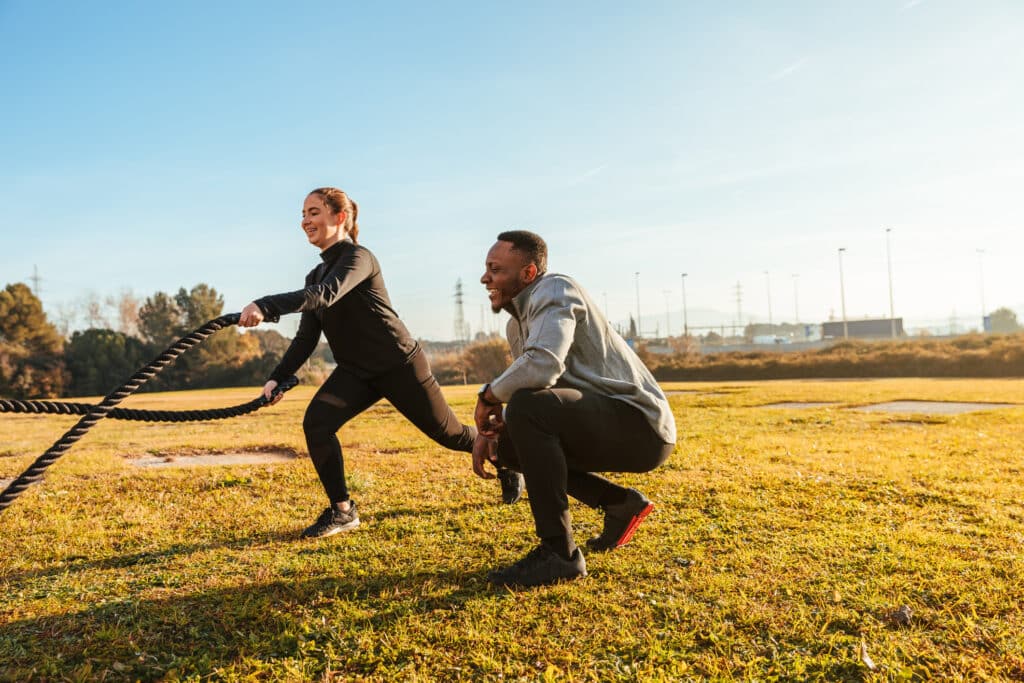It can be mind-numbing for a personal trainer to know how to critique research and draw conclusions from the constant barrage of information we are exposed to daily on fitness, nutrition, equipment, and so on.
Here are 5 tips on how to be a “constructive consumer” of knowledge available to us over social media, internet websites, and other platforms to help discern sound science from sensationalized articles.
1) Consider the source
Who’s the author of the article? Does he/she have education, certification, or personal experience about the subject they’re writing on? While no one person can amass 100% of what is available on a subject matter, it’s important that the author be qualified to write on it.
Is there a conflict of interest between the author and the article? Sometimes, companies will fund the research that’s being presented or will hire a credentialed professional to report findings on their behalf. While there are chances these reports are valid, it is important to regard these articles with caution.
Some companies act as neutral third parties to do research and report the findings in articles.
2) Is the article peer-reviewed?
Peer-reviewed journals and articles typically undergo a thorough review by someone who is credentialed in the author’s field of study. The process usually includes checking the author’s references, statistics, data, and if the research methods used were sound practices. If you are reading a synopsis of the research on a random internet article you may have to do some digging to figure this out, but this is an aspect that should not be overlooked.
3) Is the source reliable, if not peer-reviewed?
The term, “reliable source” generally refers to a respected, long-standing source of information, making it more of a subjective definition. Examples such as these would be publications such as the New York Times, Times Magazine, and Huffington Post. For Fitness Professionals, it could be a publication such as Personal Fitness Professional Magazine or Body Builder Magazine. There are also long-standing industry-specific magazines such as Runners World and Tennis Magazine.
4) Is the topic anecdotal or backed by statistical data, facts, or historical detail?
Sometimes articles like to create sensational titles to catch readers’ attention and provide statements that are anecdotal or not even relevant to the headline. Tabloids are notorious for this. Just like magazines and publications can be specific to an industry, so can tabloids!
It would be good to stay away from trusting fitness tabloids that claim to present scientific data. It goes back to considering the source or the purpose of the publication. Is the publication known to disseminate information or is it known to disperse entertaining news and spread eye-catching viral chatter?
5) Are there citations or references in the reading?
If the author or publication offers a references section, check them yourself! This allows you to go one step deeper to educate yourself on the topic of interest. You can also do an informal review of sorts by seeing how the facts and data provided in the references line up with how the author presented them in the article.
To sum up, while it’s important to be open-minded to new data and articles on the markets, it’s just as vital to remain grounded when reviewing articles and focusing on how to critique research. Fresh perspectives in the industry have their pros and cons but can lend to quick conclusions being made. Hopefully, these tips can help to weed out quick conclusions detrimental to our fitness professional careers and clients.
___________________________________




